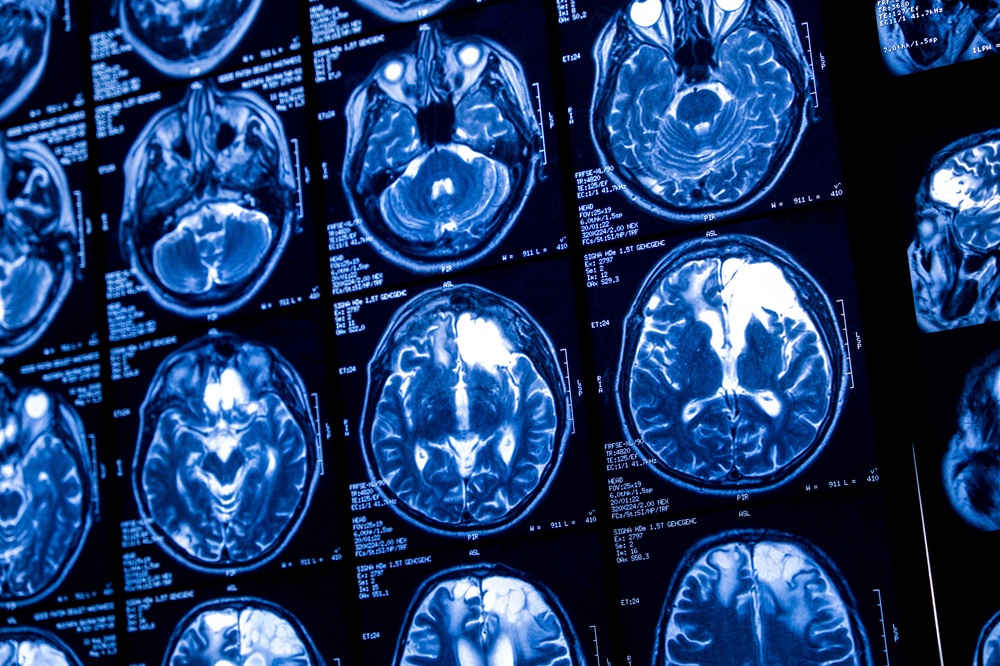New centre for brain stimulation device-based therapies to be led by Welsh university

A new research centre that aims to develop brain stimulation devices to treat conditions such as Parkinson’s disease, dementia, stroke and childhood epilepsy will be led by researchers from a Welsh university.
The Medical Research Council Centre of Research Excellence (CoRE) in Restorative Neural Dynamics will receive up to £50 million over 14 years, led by researchers at Cardiff University, the University of Oxford, Great Ormond Street Hospital for Children, Imperial College London and Newcastle University.
Professor Penny Lewis, Cardiff University, said: “Our team of researchers will investigate neural dynamics – the patterns of activity across networks of nerve cells in the brain that underlie behaviour – to understand how neural dynamics arise in brain disorders such as Parkinson’s disease and childhood epilepsy.
“We will apply this knowledge to develop new interventions and technology, including brain implants and wearable devices, that could improve how the brain and body functions.”
Neural dynamics
Professor Peter Magill, Director of the new MRC CoRE in Restorative Neural Dynamics, from the University of Oxford, said: “Medical devices delivering brain stimulation can target disturbed neural dynamics with high precision and accuracy. But their advantages for therapy have not been fully realised because the link between neural dynamics and the clinical use of devices is often weak or missing.
We can achieve the step change needed by seizing untapped opportunities to exploit dynamics with next-generation devices so that healthy neural dynamics are restored for improved therapeutic outcomes. Gaining a better understanding of how neural circuits work from moment to moment, and how this goes wrong in brain disorders, is key to this.”
The centre will initially focus on developing device-based approaches that harness neural dynamics to improve symptom relief and quality of life for people with brain conditions affecting movement, memory and sleep.
Brain circuits
In the longer term, the team aims to use devices to reorganise brain circuits and slow down disease progression.
The MRC CoRE will work closely with clinical teams, research charities, regulatory agencies, and neurotechnology industry, including UK-based Amber Therapeutics.
The centre team aims to progress from discovery research to experimental medicine and first-in-human trials, paving the way for commercialisation and healthcare system adoption of new therapies so they reach the people who need them.
Support our Nation today
For the price of a cup of coffee a month you can help us create an independent, not-for-profit, national news service for the people of Wales, by the people of Wales.





